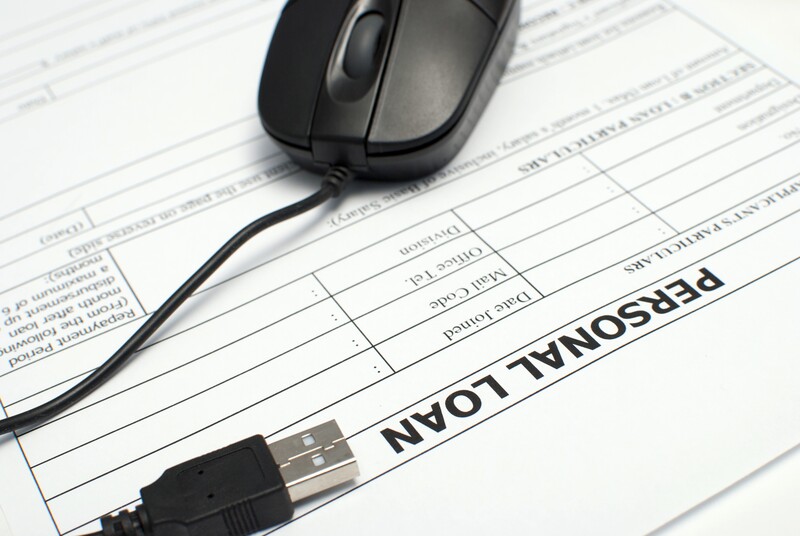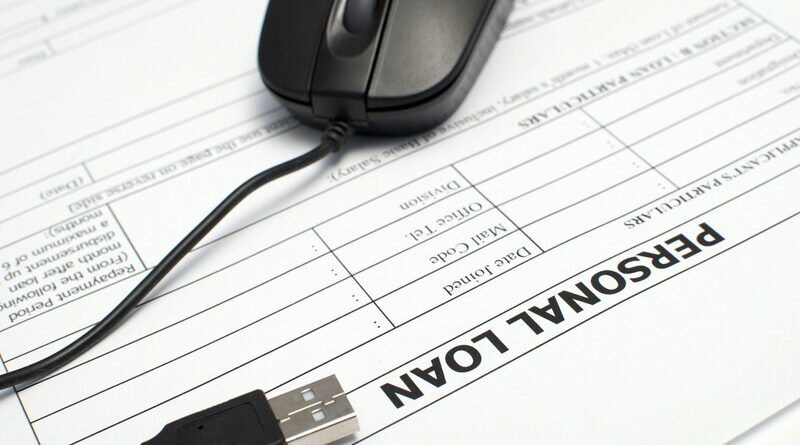What Happens To Your Credit When You Get A Personal Loan
You may be wondering what happens to your credit score if you’re considering getting a personal loan. Well, it’s actually one of the most important things to consider before applying for a personal loan. Bad credit history can make or break your chances of qualifying for a desirable interest rate and could even affect the terms and length of the loan itself.
What Is A Personal Loan

A personal loan is a type of unsecured loan that can be used for a variety of purposes, such as consolidating debt, financing a home improvement project, or covering an unexpected expense. Personal loans are typically available from banks, credit unions, and online lenders, and the interest rate you pay will vary depending on your credit history and the amount you borrow.
Typically, the interest rate will increase after a certain amount of time passes without repayment. Before applying for a personal loan, it’s important to understand any impact this may have on your credit standing. In some cases, lenders may run a hard inquiry that can temporarily drop your score by a few points.
Why Your Credit History Matters When Applying for a Personal Loan
When applying for a personal loan, most lenders will check your credit history to determine whether or not you are a good candidate for the loan based on your track record of paying back debt. They typically won’t consider loans with an annual percentage rate (APR) that is more than 20 percentage points higher than what you have currently been paying for most types of credit, so it’s important to know how this might affect the terms you are offered.
Your credit score may help determine the interest rates you are offered on your personal loan. Like other types of credit, lenders typically use your credit score to access how likely you are to repay what you owe. Personal loans with bad credit tend to have higher interest rates than those that come with good or excellent credit scores because of the additional risk involved in offering you the loan.
Lenders may also charge you a higher interest rate to make up for any late payments on your credit history, too. It is possible that having several different kinds of debt can affect your chances of getting approved for a personal loan. If you have an existing loan with another lender, then it’s important that you pay off any outstanding debt before applying for another loan. Any new loans you apply for will be added to your credit history, so this can affect your credit score negatively by adding more debt to it or decreasing the amount of available credit that is left on your cards.
What Happens Exactly When You Get A Personal Loan
Credit Report
The first thing that will happen is that any negative information about late payments on loans, missed payments on bills, bankruptcy filings, tax liens, or judgments against you will stay on your credit report indefinitely unless they are paid off in full. But this isn’t all bad news because there are ways to have these items removed from your credit report by paying them off or winning an appeal with the original creditor. It will usually take between 7 and 10 years to remove negative information from your credit report, depending on the type of account and its age.
Loan Inquiries
Another common question is whether or not a loan inquiry (request for your credit report) will be added to your credit score. While we can’t know for sure what information goes into each scoring model, generally loan inquiries are not included in your credit score. However, if you have recently applied for several other loans around the same time, this could be seen as a sign that you are having financial difficulties or are maxed out on your current credit cards.
Credit score
If you already have good credit, getting a personal loan will typically help improve your credit score. Payments for a personal loan are reported to the three major credit bureaus, which allows you to establish a better track record of paying back your debt. If you’re planning on applying for a personal loan in order to improve your credit score, make sure that you do not miss any payments or go over the monthly limit with other types of credit. If you can handle other types of debt responsibly, then paying back a personal loan on time should not affect your credit score.
What You Can Do to Improve Your Chances To Get A Personal Loan
The best way to improve your chances of getting approved for a personal loan is to make sure that your financial situation looks as good as possible. If you have any derogatory items on your credit report (late payments, missed payments, and so forth), then take the appropriate steps to correct them before applying for a new loan. You want lenders to see how financially stable you are before they give you their money
You also want to make sure your debt-to-income ratio looks good, too. Basically, this means that the amount of money you have available for monthly payments should be high enough that it doesn’t strain your ability to repay the loan on time. When lenders check your credit history, they want to know that you are responsible for the money that is given to you. And, if you have good credit history and a stable financial situation, this will increase your chances of getting approved for a personal loan.
Whether you’re looking to improve your credit score or need some funds for a project, getting a personal loan is an option. But before you apply, make sure that the lender will approve your application by checking out these important points about how having bad credit can affect the terms of your loan and what steps can be taken to avoid this problem in the future.



